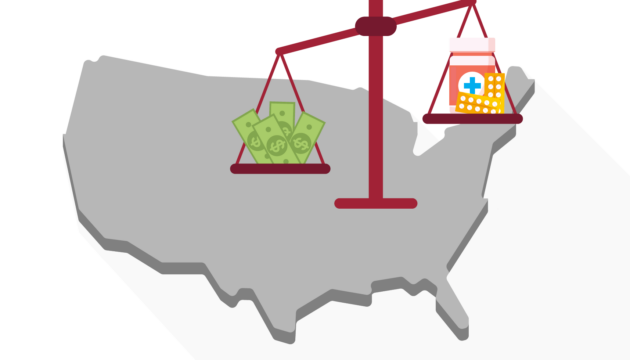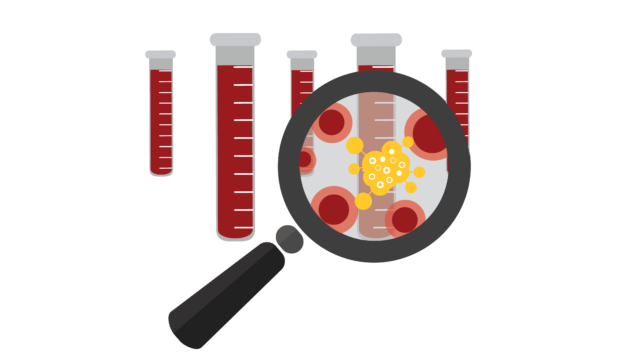White Paper
Our work in White Paper
-
U.S. Consumers Overpay for Generic Drugs
Tactics used by intermediaries in the pharmaceutical distribution system, including pharmacy benefit managers (PBMs) and insurers, are costing patients, employers and the government billions for what should be inexpensive medicines.
Categorized in -
The Economic Case for Federal Investment in COVID-19 Vaccines and Therapeutics Remains Strong
Schaeffer Initiative experts argue that there is a strong economic case for continued federal investment in COVID-19 vaccines and therapeutics.
Categorized in -
Private Equity-Owned Air Ambulance Carriers Get Paid More Money and Are Out-of-Network More Often
In this analysis, we build on that prior work to document differences in allowed amounts, out-of-network prevalence, and the magnitude of potential surprise balance bills across ownership types in the helicopter air ambulance market.
Categorized in -
Targeting Affordability in Healthcare: A Review of the Evidence
Health plans have many tools to reduce spending and therefore reduce plan premiums, which can improve the affordability of health insurance.
Categorized in -
The 340B Drug Pricing Program: Background, Ongoing Challenges and Recent Developments
The 340B Drug Pricing Program allows eligible healthcare clinics and hospitals (“covered entities”) to purchase outpatient drugs at a 20-50% discount.
Categorized in -
From Vision to Design in Advancing Medicare Payment Reform: A Blueprint for Population-Based Payments
With Medicare spending growth over the next decade expected to exceed GDP growth, the trust fund projected to be depleted in 2026, and evidence of persistent and pervasive waste and disparities in health care, attention has returned to the role of payment reform in controlling Medicare spending growth and driving more efficient and equitable care delivery.
Categorized in -
Private Equity Investment as a Divining Rod for Market Failure: Policy Responses to Harmful Physician Practice Acquisitions
It is unclear whether private equity investment is itself a problem or whether, in the absence of private equity, other sources of capital—such as public equity, venture capital, health systems, and insurers—would similarly exploit existing market failures and legal loopholes in the healthcare system.
Categorized in -
The Social Value of Disseminating Transcatheter Aortic Valve Replacement
Transcatheter aortic valve replacement (TAVR) has facilitated treatment of aortic stenosis in patients otherwise ineligible for corrective surgery or who are reluctant to undergo open-heart surgery. Schaeffer Center experts estimate the social value of past and future TAVR procedures.
Categorized in -
Advancing the Economics of Palliative Care: The Value to Individuals and Families, Organizations, and Society
A palliative care research agenda can help lay the foundation for building a strong evidence base to guide public policies meant to advance affordable, equitable, high-quality, patient-centered care.
Categorized in -
Reducing Racial Disparities in Early Cancer Diagnosis With Blood-Based Tests
A new white paper published by the USC Schaeffer Center focuses on multi-cancer, early detection, (MCED) blood-based tests as one solution to reduce disparities in late-stage cancer diagnosis among minority populations.
Categorized in








